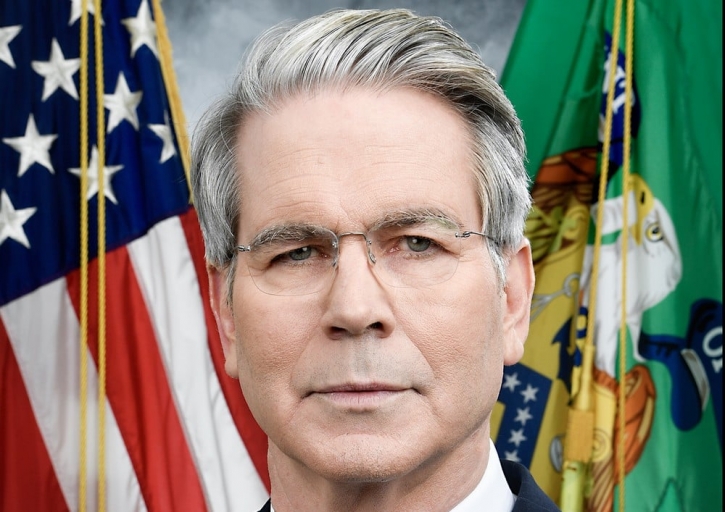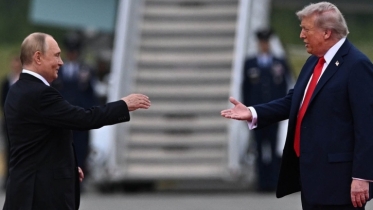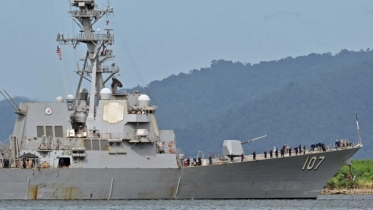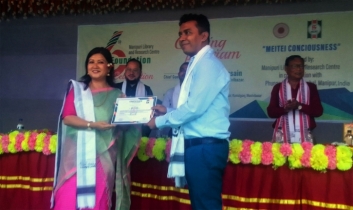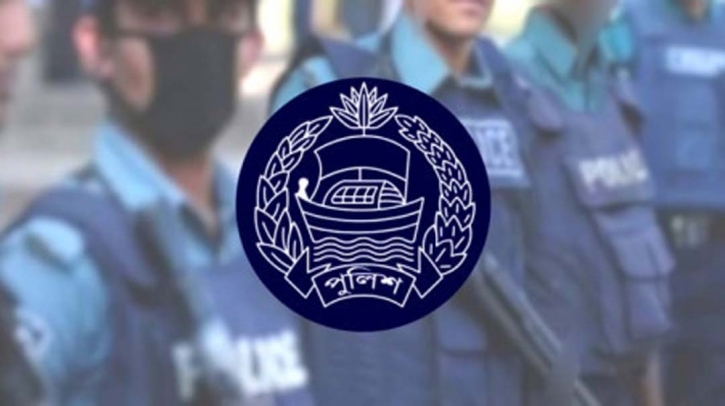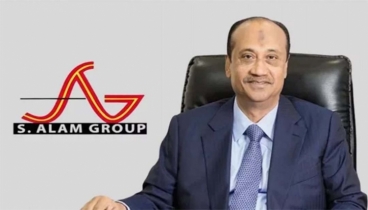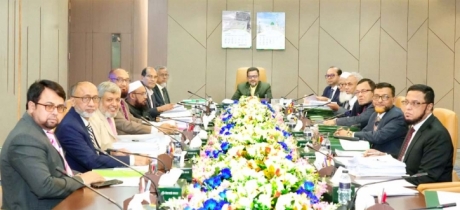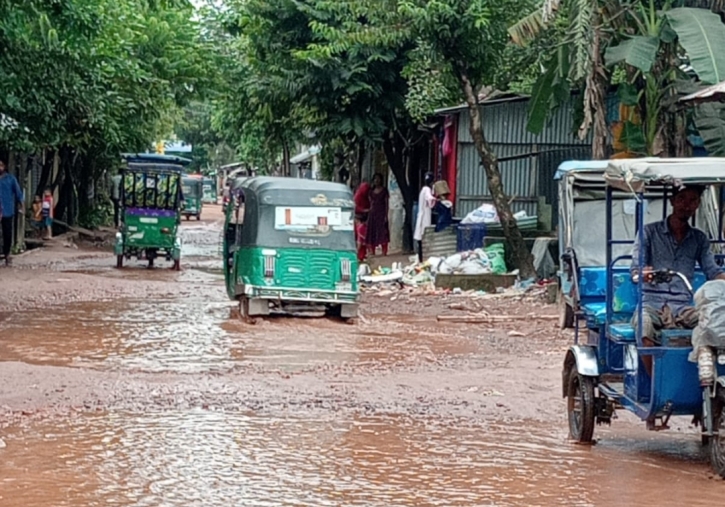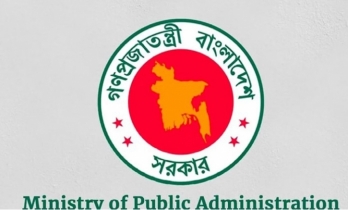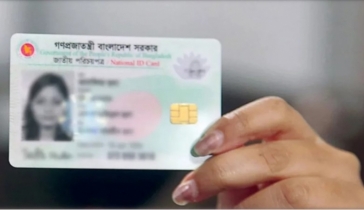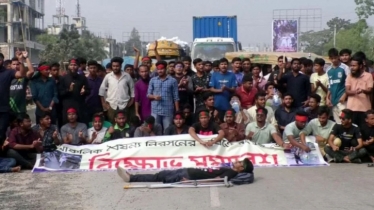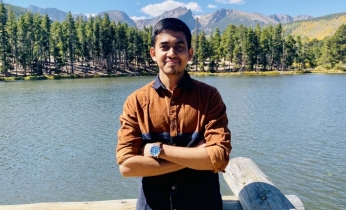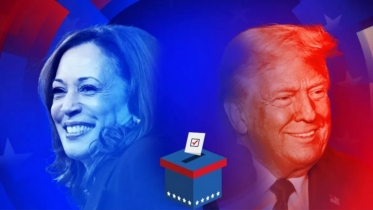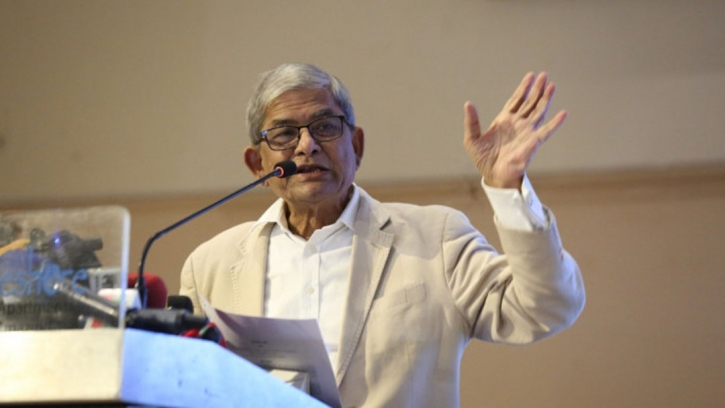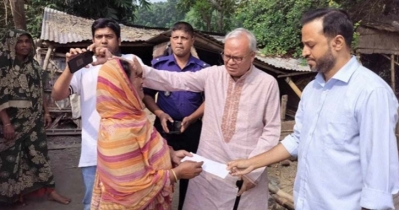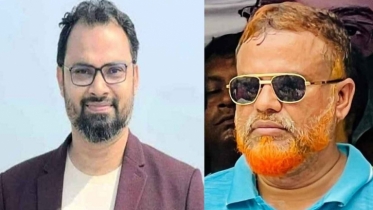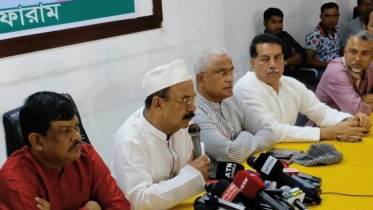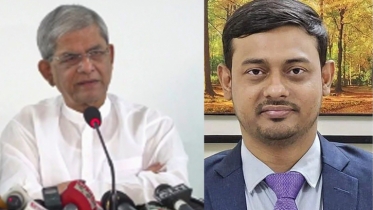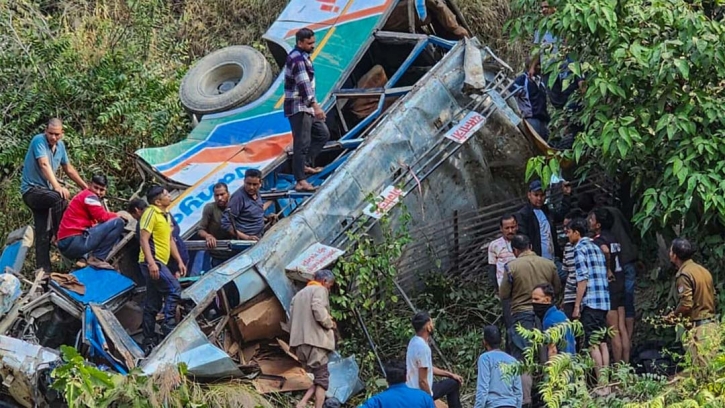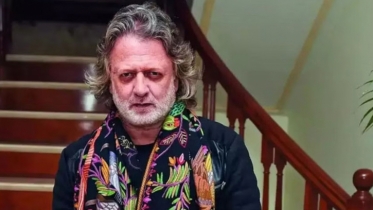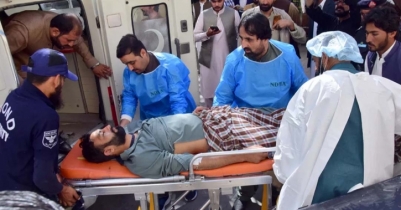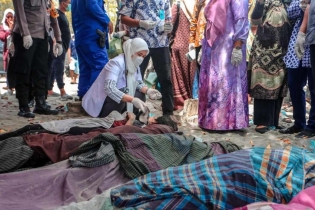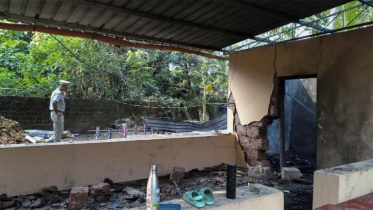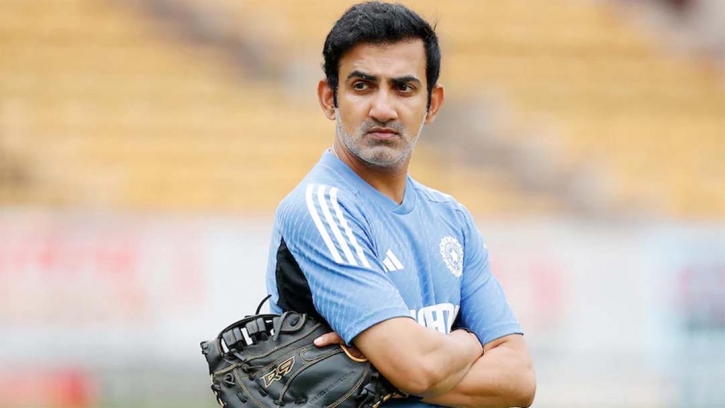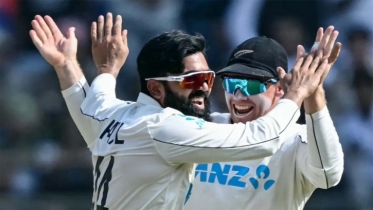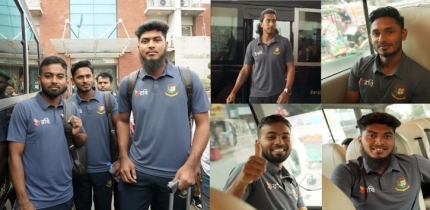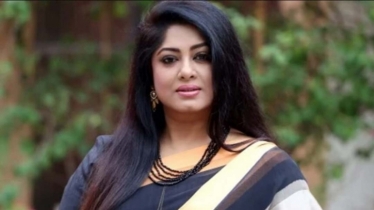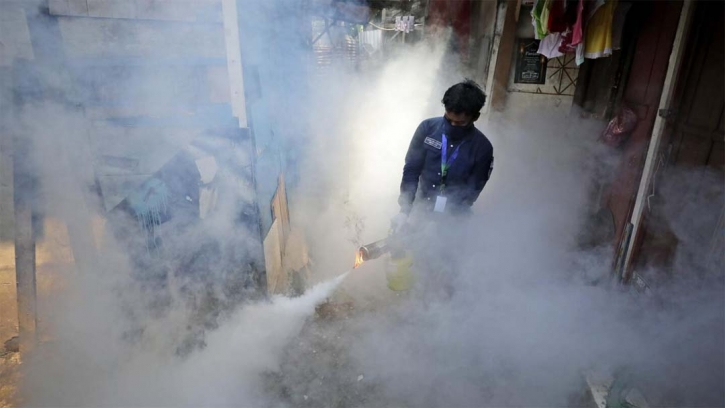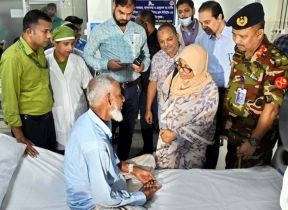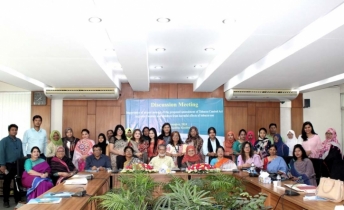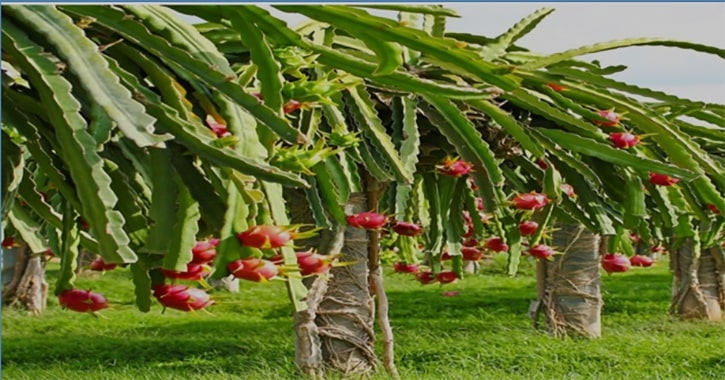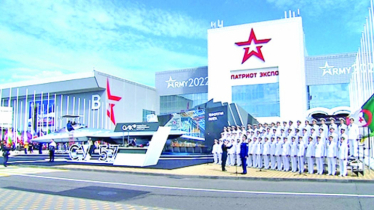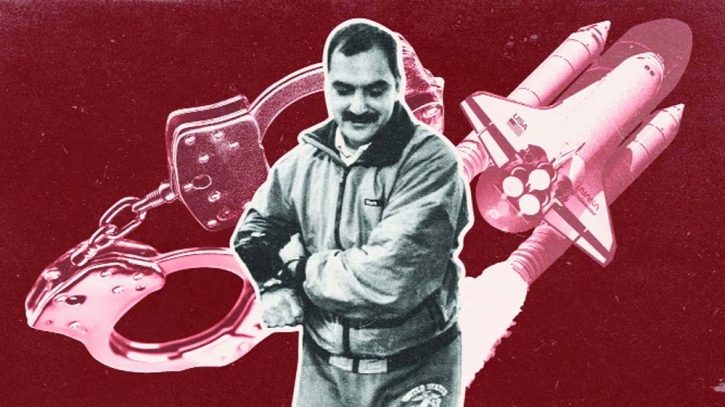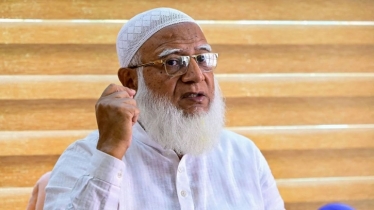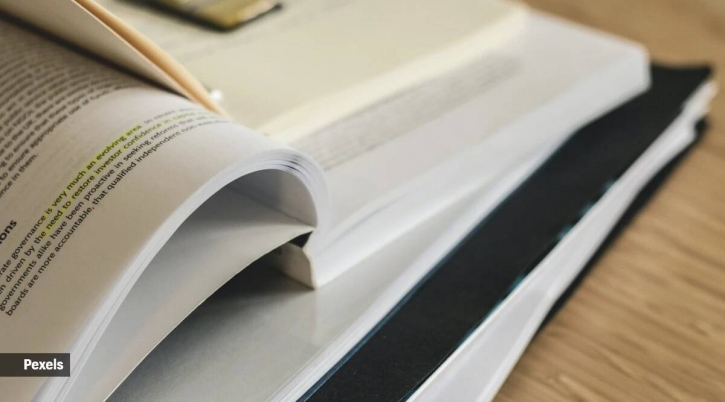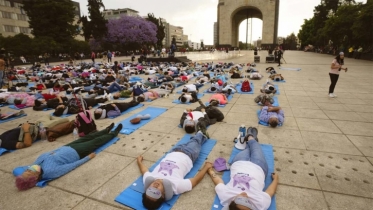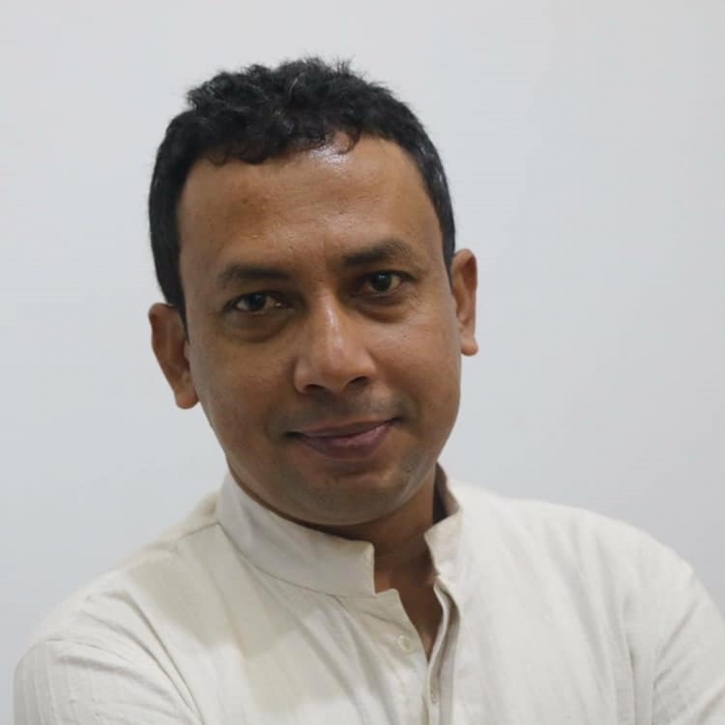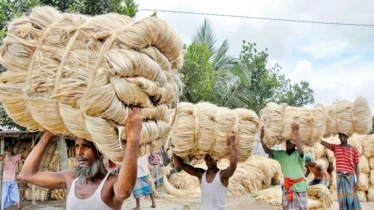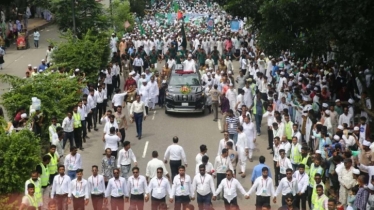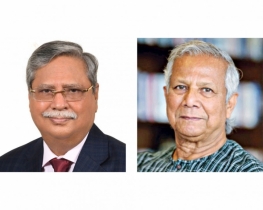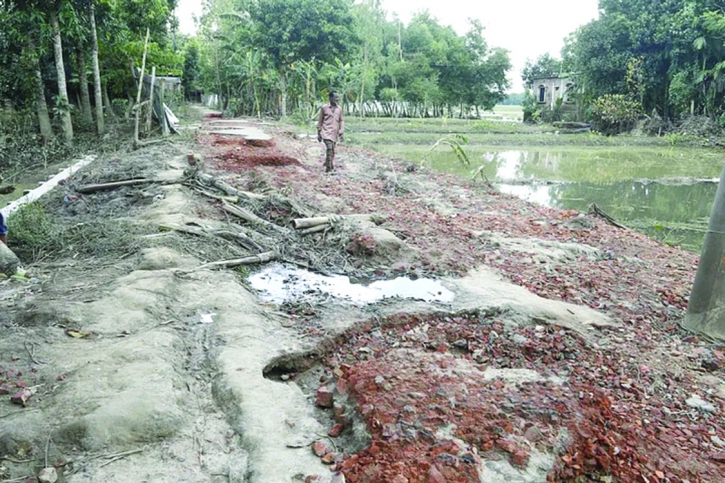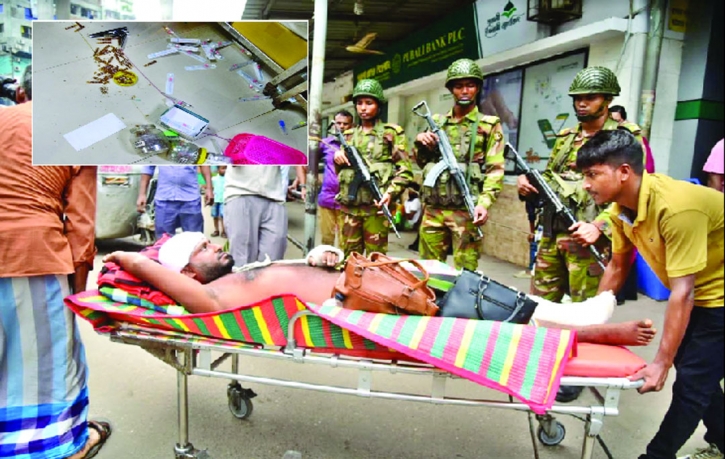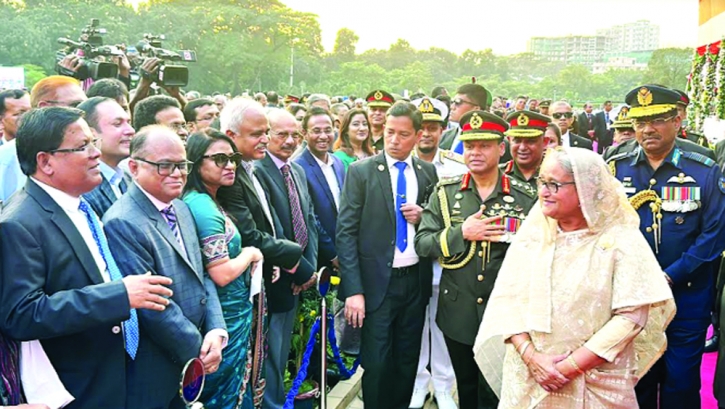Chief Adviser Professor Muhammad Yunus has lauded the enduring contributions of Bangladesh Armed Forces to national security, development and nation building activities.
Recalling the forces` support to citizens during any crisis he called them for playing a historical role in the upcoming national polls and referendum in February next.
"I am proud to notice the progress of the armed forces and their enduring contributions to our national security, development and national building activities. Your commitment to safeguarding our nation has been exemplary," he said.
The Chief Adviser made the remarks while addressing the graduation ceremony of the National Defence Course (NDC) and Armed Forces War Course (AFWC) 2025 at the National Defence College at Mirpur Cantonment in the city today.
Prof. Yunus also appreciated the armed forces for their continuous efforts during national crises such as natural disasters, political unrest and pandemics that demonstrated their readiness to respond and unwavering dedication to the well-being of the people.
"Moreover, your contributions to global peace through participation in the United Nations peacekeeping missions have enhanced Bangladesh`s global image," Prof Yunus said.
"Still we have to play a very historical role in our national elections and referendum in February next to make it not only a historical landmark but also peaceful and festive," he said.
"Make it a festive occasion for all voters and the nation will remember with pride they really had a historical occasion to turn this country around," he added.
At the beginning of his speech, the Chief Adviser recalled the martyrs of the country’s 1971 Liberation War with due respect, saying, “This is a very special month.
Month of our historical victory in the War of Liberation. We all recall with great pride all the heroes who laid down their lives during our War of Liberation. We also call the sacrifices made by the people of all walks of life during the struggle.”
He also paid tribute to the people who made the July Revolution possible, saying: “My deepest homage to all students and the people who sacrificed their lives and got wounded to make the July Revolution possible with the dream to create a new Bangladesh.”
Speaking about BNP Chairperson Begum Khaleda Zia’s health condition, Prof Yunus urged the nation to pray for her speedy recovery.
“On this happy occasion of graduation, let us pray to Allah along with all the people of Bangladesh for the speedy recovery of former Prime Minister and our national leader Begum Khalida Zia who is struggling for her life,” he said.
Congratulating the graduating officers of the NDC and AFWC 2025, the Chief Adviser said, “Today, the graduation day marks a remarkable milestone in your lives. Successful completion of the National Defence Course and the Armed Forces War Course is a great achievement”.
“It`s a great moment to remember for the rest of your life. Your achievement represents year long hard work, dedication and perseverance. You are now ready to undertake higher responsibilities equipped with an enhanced understanding of national security, state craft, policy making, strategy formulation and the intricacies of national development,” he added.
Reflecting on the vision of the National Defence College, Prof Yunus said the college was established with a clear vision to cultivate leaders who can dedicate themselves to the complex and ever evolving geopolitical landscape.
In an era where the economic centre of gravity is shifting towards Asia, he said, Bangladesh occupied a strategic position that offers immense opportunities.
“As the future leaders, you are tasked with leveraging this unique geostrategic advantage to foster sustainable growth and development for our nation,” the Chief Adviser said.
He added: “I have learned that the national defense course is a strategic level course and prepares the participants to understand and analyze national security, engages in strategic decision making and enhances their leadership skills”.
It`s very encouraging to know that the Armed Forces War Course is dealing with military strategic and operational level and aiming to bridge between strategic and tactical levels, Prof Yunus said.
“Throughout these courses you have engaged in rigorous discussions and analysis of current global challenges including terrorism, climate change and cyber threats,” he added.
Addressing international graduates, the Chief Adviser extended his special felicitation to them, saying, “I hope that during your time here you have forged friendships that transcends borders and develops a deeper understanding of our rich cultural heritage.”
“Your presence enriches our institution and I trust that you will act as goodwill ambassadors for Bangladesh in your countries, fostering bonds of friendship and collaboration. I wish you every success in the days to come,” he added.
Lauding NDC’s role, Prof Yunus said the National Defence College has met the desired goals for which it was established. “It is essential to recognize its role in shaping future leaders beyond the military. It gives me immense pleasure to see that a significant number of senior officials from the civil administration, Foreign Service, Police, Answer and VDP are participating in national defence courses every year”.
Together with the overseas officers, he said, it offers exceptional opportunities for sharing thoughts, fostering bonding and harmonizing understanding.
“I like to express my sincere appreciation to the Commandant, the faculty and the staff for their dedication and commitment in conducting the National Defense Course and Armed Forces War Course 2025 with excellence,” the Chief Adviser said.
Acknowledging the contributions of the ambassadors, high commissioners, valuable resources persons from home and abroad and special speakers, who contributed to the courses, Prof Yunus said, “I also graciously recognize the support of the country that hosted the study tour, which is a very important part of this course”.
“As we look ahead, I am confident that National Defence College will continue to uphold its motto, security to knowledge. These efforts will guide you as you step into your new roles equipped with knowledge and skills necessary to navigate the complexities of national and international security,” he added.







